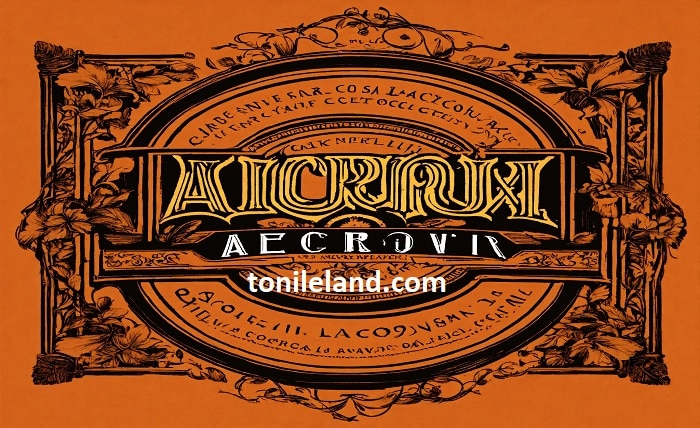Danke Schön! Mastering the Art of Saying Thank You in German

Whether you’re planning a trip to Germany, brushing up on your language skills, or simply appreciating the nuances of different cultures, expressing gratitude is always important. But when it comes to thanking someone in German, it goes beyond just uttering “Danke.” With various options and levels of formality, mastering the art of saying “thank you” in German can elevate your interactions and leave a positive impression.
The All-Rounder: “Danke”
The ever-reliable “Danke” is your go-to phrase for most situations. It’s simple, direct, and understood by everyone. Use it for everyday expressions of gratitude, from thanking the cashier at the store to acknowledging a friendly stranger’s gesture.
Turning Up the Gratitude: “Danke schön” and “Danke sehr”
For a slightly more polite and formal thank you, you can add “schön” or “sehr” to your “Danke.” Both translate to “thank you very much” but with subtle differences. “Danke schön” is considered slightly more casual, while “Danke sehr” leans towards the formal side.
Going the Extra Mile: “Vielen Dank” and “Besten Dank”
Want to express deeper gratitude? Opt for “Vielen Dank” or “Besten Dank.” These translate to “many thanks” and “best thanks” respectively, conveying a stronger sense of appreciation. Use them when someone has gone above and beyond or for situations requiring more formality.
Specifying Your Appreciation: “Danke für…”
To personalize your thank you, add “für” (for) followed by the reason for your gratitude. For example, “Danke für Ihre Hilfe” (Thank you for your help) or “Danke für das tolle Geschenk” (Thank you for the wonderful gift).
Formal Settings: “Ich danke Ihnen”
In formal situations like business meetings or addressing someone significantly older, use “Ich danke Ihnen.” This translates to “I thank you” and conveys respect and formality.
Regional Gems: “Vergelt’s Gott” and “Grüß Gott”
In southern Germany and Austria, you might encounter “Vergelt’s Gott” (God reward you) or “Grüß Gott” (God greet you). While these express thankfulness, they also hold religious connotations. Use them with caution to avoid cultural faux pas.
Conclusion
Saying “thank you” in German shows appreciation and respect, strengthening connections and leaving a positive impression. Remember, the most important thing is to be genuine and convey your gratitude. So, don’t be afraid to experiment with different expressions and find the one that suits you best. After all, a sincere “Danke” is always appreciated, no matter the form it takes!
FAQ
- Q: Which “thank you” should I use most often?
For everyday situations, “Danke” is your best bet. If you want to be a bit more polite, “Danke schön” is versatile.
- Q: When should I use “Ich danke Ihnen”?
Use it in formal settings or when addressing someone significantly older.
- Q: Are there any other ways to express thanks in German?
Yes! Regional expressions like “Vergelt’s Gott” exist, but use them with caution due to their religious connotations. You can also personalize your thanks with “Danke für…” followed by the reason.
- Q: Will people understand me if I make mistakes?
Absolutely! Germans appreciate the effort of foreigners trying their language. Don’t hesitate to practice and have fun exploring different expressions.
- Q: Where can I learn more about German culture and language?
Many online resources, language courses, and cultural exchange programs can help you deepen your understanding.




